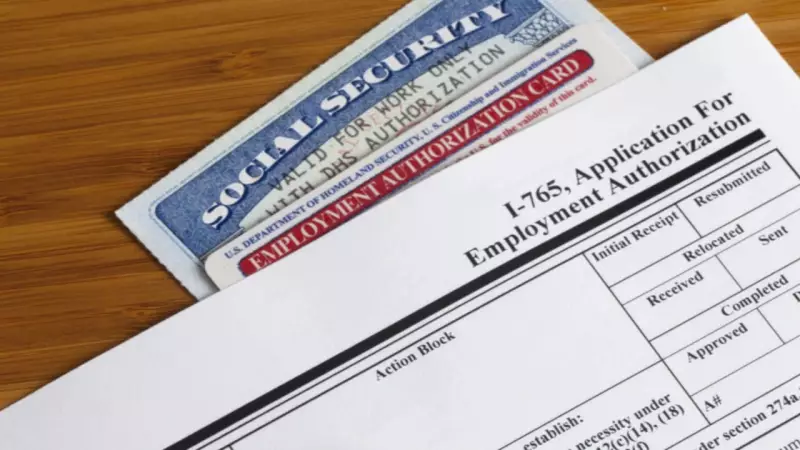
In a development that has sent shockwaves through immigrant communities across the United States, spouses of legal immigrants on H-4 visas are facing unprecedented delays in obtaining work authorization. The United States Citizenship and Immigration Services (USCIS) has implemented changes that are creating significant hurdles for thousands of families.
What's Changing for H-4 Visa Holders?
The core issue revolves around Employment Authorization Document (EAD) processing times. Previously, H-4 dependent spouses could expect their work permit applications to be processed within a reasonable 30 to 90 days. Under the new system, these processing times have ballooned to a staggering six months or more.
This dramatic increase means that highly skilled professionals, including doctors, engineers, IT specialists, and other qualified individuals, are being forced into professional limbo. Many are unable to work for extended periods, creating financial strain and career disruption for families who have followed all legal immigration pathways.
The Human Impact Behind the Policy
The extended delays are causing real hardship for immigrant families. Consider these scenarios affecting thousands of households:
- Career stagnation: Professionals are seeing their careers put on hold indefinitely
- Financial pressure: Single-income households struggle to maintain their standard of living
- Mental health toll: The uncertainty and forced inactivity are taking a psychological toll
- Skill erosion: Extended gaps in employment can make it difficult to re-enter the workforce
Why This Rule Change Matters
This policy shift affects a specific category of immigrants – the spouses of H-1B visa holders. These are individuals who have entered the US legally through employment-based channels. The H-4 visa was designed to keep families together, and the EAD provision allowed spouses to contribute to the economy and maintain their professional identities.
The new processing delays effectively undermine the original intent of the program, creating what many are calling a de facto ban on employment for H-4 holders.
Growing Outrage and Community Response
Immigrant advocacy groups and affected individuals are voicing strong opposition to the new rule. The extended processing times are seen as particularly harsh given that these families are already navigating the complex US immigration system legally.
Many are questioning the timing and rationale behind these changes, especially when the US economy continues to face workforce shortages in various sectors where H-4 spouses are qualified to contribute.
Looking Ahead: What's Next for Affected Families?
As the new rule takes effect, immigrant communities are exploring several paths forward:
- Legal challenges: Potential lawsuits challenging the extended processing times
- Advocacy efforts: Increased lobbying for policy reversal or exceptions
- Financial planning: Families are restructuring their finances to account for potential income gaps
- Career alternatives: Some are exploring remote work options or entrepreneurship
The situation remains fluid, but one thing is clear: the changes to H-4 EAD processing represent a significant shift in US immigration policy that is directly impacting thousands of legal immigrant families who call America home.





